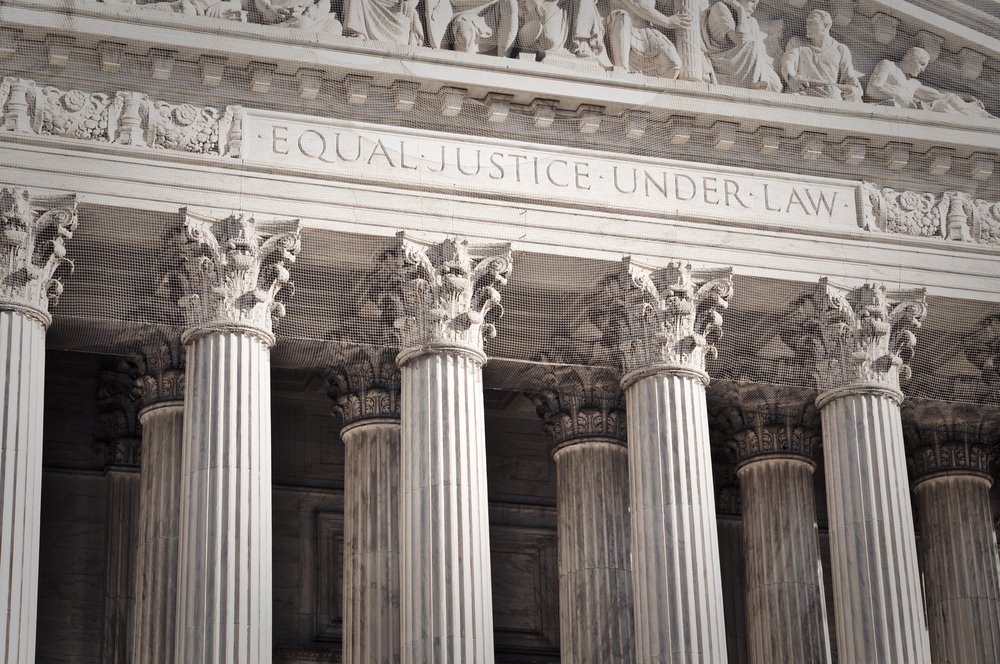Whenever a legal challenge to a given policy is decided, a discussion tends to arise as if the court is making a statement on the desirability of the policy itself. For example, after the US Court of International Trade struck down Trump’s tariffs enacted under the International Economic Policy Act (IEEPA) of 1977 (VOS Selections, Inc. v. Trump), supporters of the tariffs took to social media to decry the court’s ruling as a “judicial coup” against a vital policy. The Trump Administration said:
It is not for unelected judges to decide how to properly address a national emergency. President Trump pledged to put America First, and the Administration is committed to using every lever of executive power to address this crisis and restore American Greatness.
On the Left, after the US Supreme Court overruled Roe v Wade in Dobbs, many decried the ruling as supporting bad policy (abortion restrictions). The argument they were making was that Dobbs wasn’t wrongly decided because the law was wrong, but because legal abortion is a desirable policy.
But here’s the thing: courts do not exist to judge policy. Courts interpret the law and ensure that actions conform to the law. If courts were to uphold an action just because it is desirable (or, consequently, strike down an action because it is undesirable), that would be a judicial coup. That would be the courts making policy, ironically, the very thing the dissenters object to.
Take VOS Selections. The question before the court was not “Are tariffs a good tool to affect trade deficits?” Nor was it “Should tariffs be used in trade negotiations?” The question before the court was, “whether the International Emergency Economic Powers Act of 1977 (“IEEPA”) delegates these powers to the President in the form of authority to impose unlimited tariffs on goods from nearly every country in the world.” Whether tariffs are a good or bad policy is irrelevant to whether the President has the authority under the statute he invoked to impose them.
Courts are not in a position to judge good from bad policy. That is a question limited exclusively to Congress (not the President). Congress must “speak clearly” when delegating authority to the executive branch for big questions; for the Court to endorse (or strike down) policy just because it is good or bad would be to seize power from the proper branch (see Biden v Nebraska, pgs. 25–26). Congress is the place to decide what policies should be enacted.
In the United States, all government authority derives from the Constitution. It does not come from winning an election or some other supposed manifestation of the “public will.” The Constitution is “the supreme Law of the Land.” All government actions must conform to it (see Article VI). The courts’ job is to ensure that all parties conform to the law, no matter how desirable their actions may be.
I applaud the International Trade Court’s decision in VOS Selections on both economic and legal grounds. But, if the situation were reversed, and Trump were to use the IEEPA to unilaterally revoke all tariffs (a policy outcome I would support), I would still want the courts to strike down such a proclamation. It is in Congress’s hands, and Congress’s only to set tax policy. Congress decides what policies are good or bad. Courts should not. By striking down tariffs in VOS Selections (or student loan forgiveness in Biden v Nebraska), it is not a statement on the social or political merits of those policies, but rather the legal merits. To argue tariffs are vital negotiating tools (for example) is wholly irrelevant. Those are arguments for Congress and the courts have said (as in VOS Selections and Biden v Nebraska) that it is in Congress where those arguments must be made.
